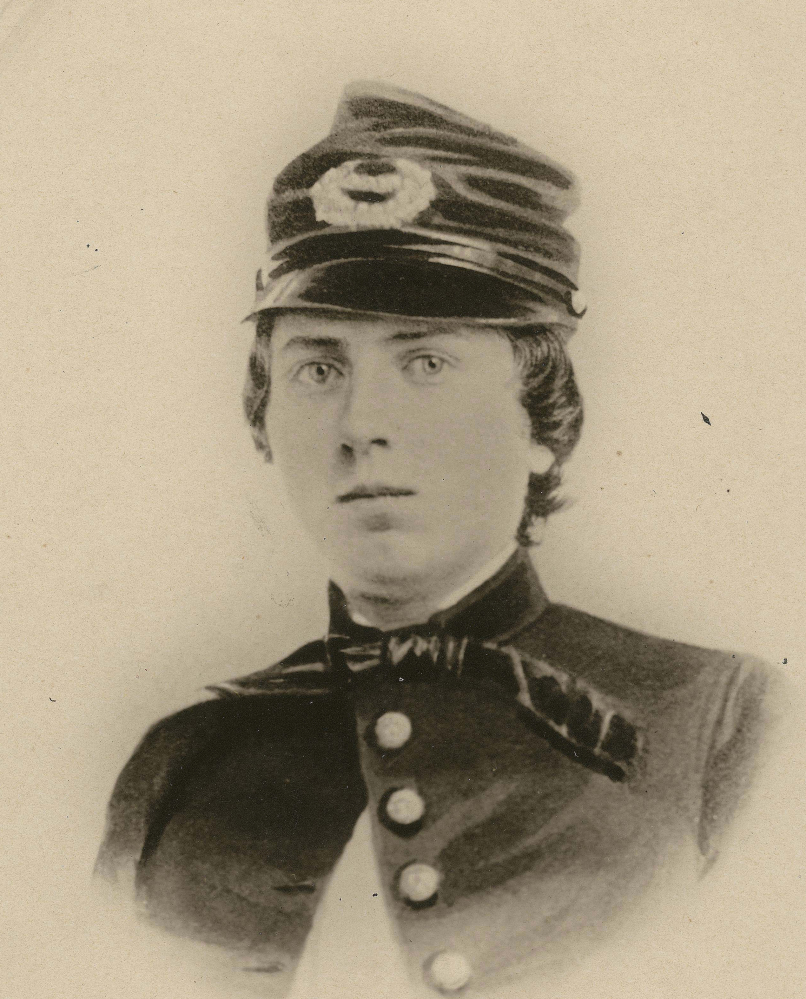WASHINGTON — A Union Army officer who made his last stand at the Battle of Gettysburg is to be honored with the nation’s highest military decoration 151 years after his death, the result of a decades-long push by his descendants and Civil War buffs.
The White House announced Wednesday that President Barack Obama approved the Medal of Honor for 1st Lt. Alonzo H. Cushing, who was killed by a Confederate bullet to the head on the last of the three-day Battle of Gettysburg.
Congress granted a special exemption last December for Cushing to receive the award posthumously since recommendations normally have to be made within two years of the act of heroism and the medal awarded within three years.
The White House also announced that Obama will award the medal in a ceremony on Sept. 15 to two Vietnam War soldiers who also received the congressional exemption – Army Command Sgt. Maj. Bennie G. Adkins and Army Spc. Donald P. Sloat.
Cushing, a West Point graduate from Delafield, Wisconsin, was killed on July 3, 1863, at age 22. He commanded about 110 men and six cannons, defending the Union position on Cemetery Ridge against Pickett’s Charge, a major Confederate thrust.
Cushing’s small force stood their ground under artillery bombardment as nearly 13,000 Confederate infantrymen waited to advance. Cushing was wounded in the shoulder and groin, and his battery was left with two guns and no long-range ammunition. Historians say his stricken battery should have been withdrawn and replaced with reserve forces, but Cushing insisted on ordering his guns to the front lines.
Within minutes he was shot dead.
Confederate soldiers advanced into the Union fire but finally retreated with massive casualties.
Several soldiers who fought alongside Cushing received Medals of Honor. It’s not clear why Cushing never got one, but his descendants and admirers took up his cause in the late 1980s.
Wisconsin lawmakers passed an amendment to a defense spending bill to award Cushing in 2010, but then-Sen. James Webb, D-Va., stripped it from the bill because he said it was impossible to go back 150 years to determine who should receive the award. Webb predicted it could open an endless series of claims and argued at the time, “The better wisdom would be for Congress to leave history alone.”
Send questions/comments to the editors.



Success. Please wait for the page to reload. If the page does not reload within 5 seconds, please refresh the page.
Enter your email and password to access comments.
Hi, to comment on stories you must . This profile is in addition to your subscription and website login.
Already have a commenting profile? .
Invalid username/password.
Please check your email to confirm and complete your registration.
Only subscribers are eligible to post comments. Please subscribe or login first for digital access. Here’s why.
Use the form below to reset your password. When you've submitted your account email, we will send an email with a reset code.